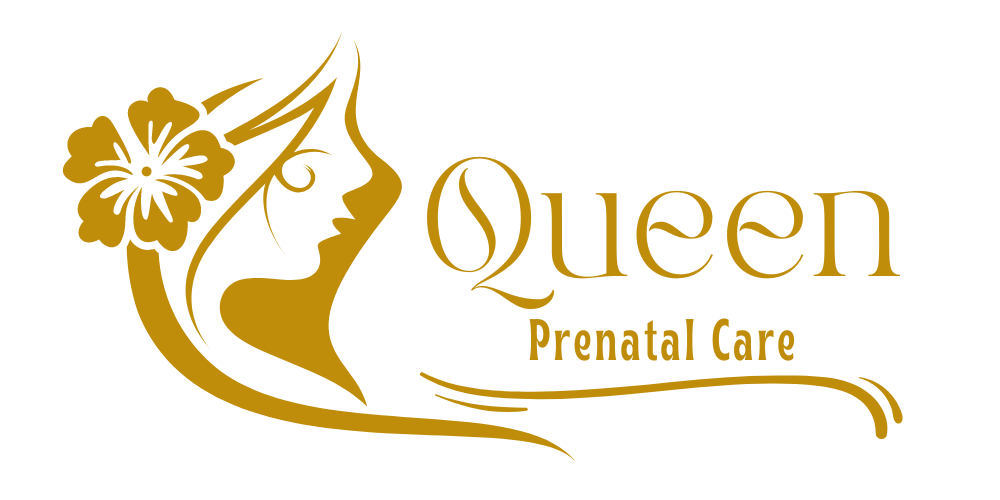In the United States, around 6 million babies are born each year. That’s a lot of new parents! But before the big day arrives, there’s a crucial period called prenatal care. This is the medical care you receive during pregnancy to ensure the health of both you and your baby.
Why Prenatal Care Matters
Did you know that according to the Centers for Disease Control and Prevention (CDC), prenatal care can reduce the risk of premature birth by up to 40%? It can also help identify and address potential health problems early on, leading to better outcomes for both mom and baby.
What’s Covered by Insurance?
The good news is that most health insurance plans in the US cover essential prenatal care services. This includes:
- Routine prenatal checkups: These visits with your doctor or midwife allow them to monitor your health and your baby’s development.
- Prenatal tests and screenings: These tests check for potential health problems in your baby, such as birth defects or genetic conditions.
- Ultrasound scans: These imaging tests provide a visual picture of your baby’s development.
- Labor and delivery: This includes the costs associated with childbirth, whether it’s a vaginal delivery or a cesarean section.
- Postpartum care: This care helps you recover after childbirth and includes checkups for both you and your baby.
Important Note: It’s important to remember that coverage can vary depending on your specific health insurance plan. Be sure to check with your insurance provider to understand what’s covered and what out-of-pocket costs you may be responsible for.
Here’s a table summarizing the key prenatal care services typically covered by insurance:
| Service | Description |
|---|---|
| Routine prenatal checkups | Regular visits with your doctor or midwife to monitor your health and your baby’s development. |
| Prenatal tests and screenings | Tests that check for potential health problems in your baby. |
| Ultrasound scans | Imaging tests that provide a visual picture of your baby’s development. |
| Labor and delivery | The costs associated with childbirth, including hospital stay, medications, and provider fees. |
| Postpartum care | Checkups for both you and your baby after childbirth. |
drive_spreadsheetالتصدير إلى “جداول بيانات Google”
Additional Services:
Some insurance plans may also cover additional services related to pregnancy, such as:
- Genetic counseling: This can help you understand the risks of certain genetic conditions and make informed decisions about your pregnancy.
- Breastfeeding support: This can include lactation consultations and breast pump rentals.
- Mental health care: Pregnancy and postpartum can be emotionally challenging times. Some plans may cover therapy or other mental health services.
What’s Not Covered:
It’s important to be aware that some services related to pregnancy may not be fully covered by insurance. These may include:
- Elective procedures: Some procedures, such as elective C-sections, may not be covered unless medically necessary.
- Out-of-network providers: If you see a provider who is not in your insurance network, you may be responsible for a larger portion of the cost.
Famous Quotes about Prenatal Care:
- “Prenatal care is an investment in the future health of both mothers and babies.” – March of Dimes
- “A healthy pregnancy starts with healthy prenatal care.” – American College of Obstetricians and Gynecologists
Conclusion
Prenatal care is essential for a healthy pregnancy and a healthy baby. Most health insurance plans in the US cover essential prenatal care services. However, it’s important to check with your insurance provider to understand your specific coverage and any out-of-pocket costs you may be responsible for.
FAQs
Q: What if I don’t have health insurance?
A: If you don’t have health insurance, you may be eligible for Medicaid or other government programs that provide coverage for prenatal care. You can also contact your local health department for resources and assistance.
Q: How can I find a doctor or midwife who accepts my insurance?
A: You can contact your insurance provider for a list of in-network providers. You can also search online directories or ask your friends or family for recommendations.
Q: What should I do if I have questions or concerns about my pregnancy?
A: Always talk to your doctor or midwife. They can answer your questions and provide you with the information and support you need.
Remember, prenatal care is an important part of a healthy pregnancy. By understanding what’s covered by your insurance and taking advantage of available resources, you can ensure the best possible start for your baby.
Additional Resources
- Centers for Disease Control and Prevention (CDC): https://www.cdc.gov/pregnancy/index.html
- March of Dimes: https://www.marchofdimes.org/
- American College of Obstetricians and Gynecologists (ACOG): https://www.acog.org/

